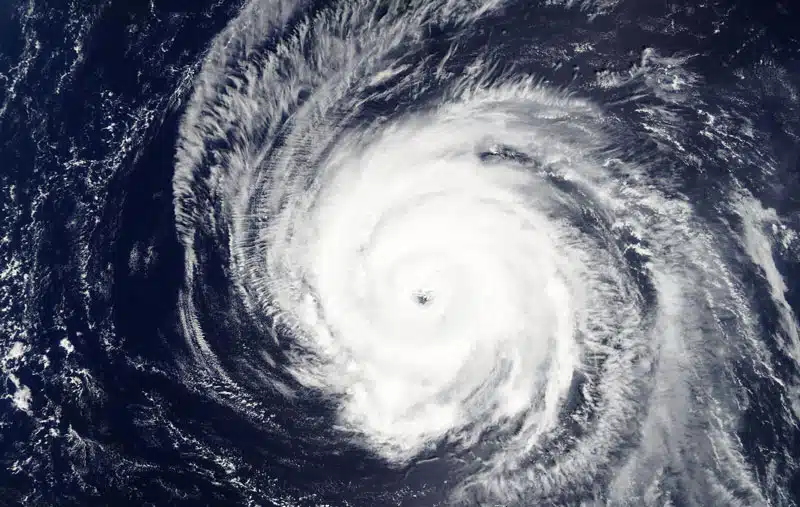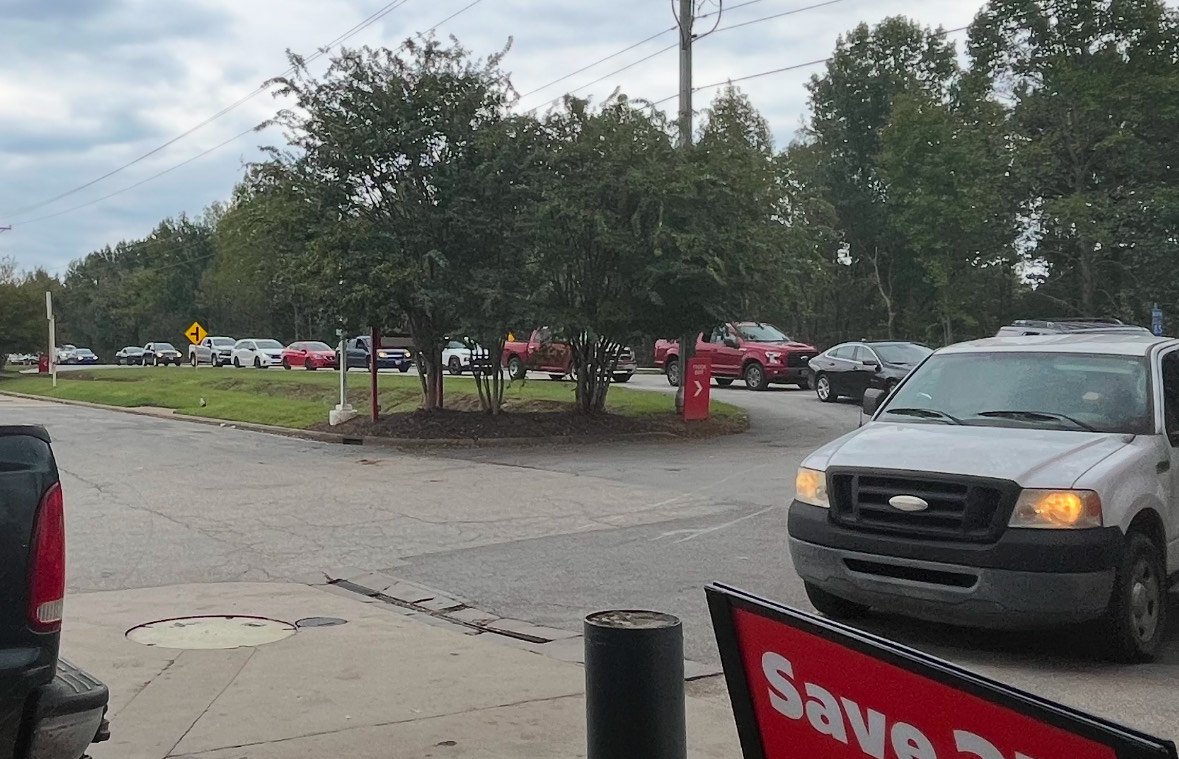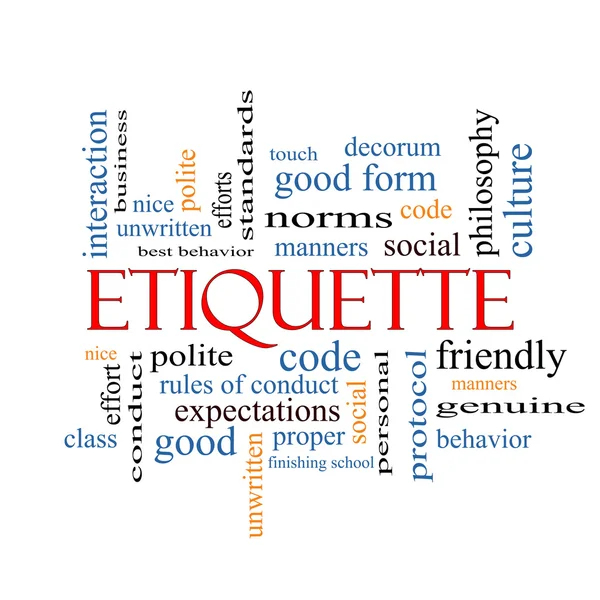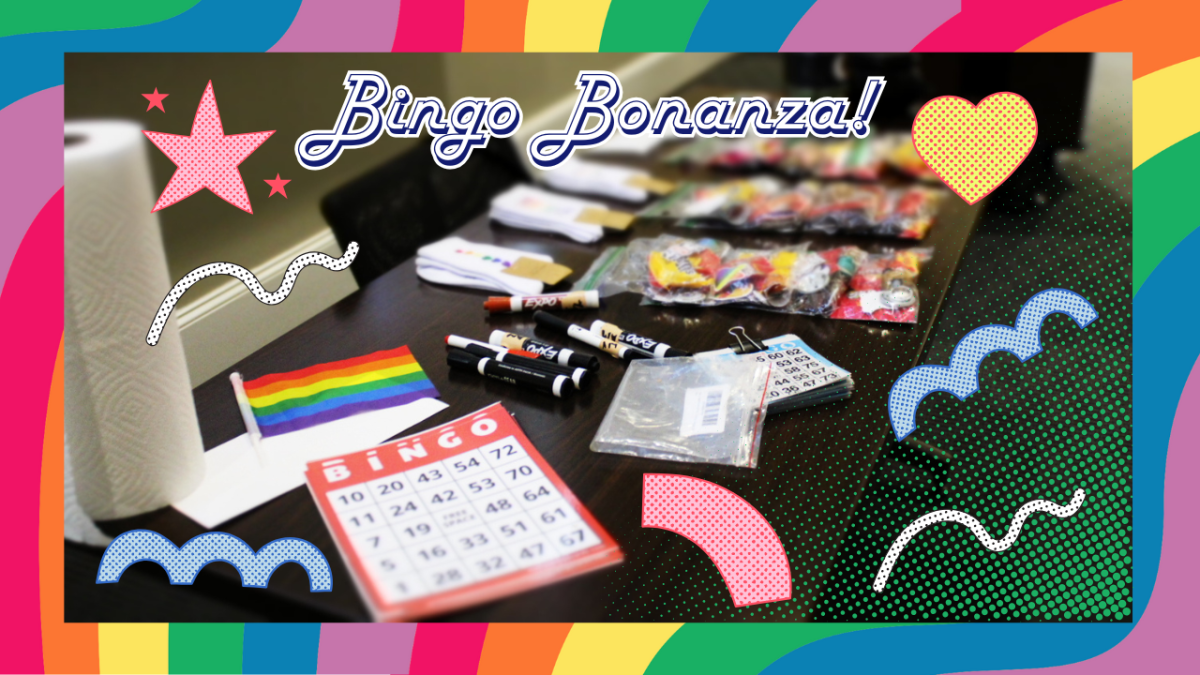The New Year has always been associated with renewing, aspiring, and evolving in retrospect to your previous self. Many surround themselves with loved ones in their newly bought attire and compare lofty dreams of what is to come. At the same time, it is often that society relishes the ups and downs faced during the previous year. Often left out of the conversation is Hurricane Helene, not even two hours away from Clinton, SC. It is important that we remember not everybody gets to seize the new year in a positive light, and at the same time, make sure that we do not let the recurrence of horrific events affect our ability to empathize effectively.
September 27th seems so long ago, but for many, the nightmare is on repeat, even as they enter this new year. Imagine falling asleep in your college dormitory amongst the beautiful mountain landscapes of North Carolina and waking up to find that the road leading up to your parking lot is fully flooded. You cannot safely escape. Since the electricity to your entire campus is gone, you are forced to throw away the remainder of your pantry, but at the same time, your campus dining hall is rationing food in a state of panic. The winds become so bad that you are told you cannot leave your dorm to go visit your friends under any circumstances. At the same time, your kitchen floor is under what seems to be two inches of water. Close to no drinking water is available and many of your peers’ cars are being destroyed in the middle of the night, but that doesn’t quite capture the extent of this moment. Turning terrible to catastrophic, your out-of-town loved ones are witnessing the destruction through their TV screen and desperately trying to call you to rest their deepest concerns, but your phone won’t send a single text. This was the reality for so many college students throughout Hurricane Helene.
Just North, our neighboring state lost a lot during those few days of ecological destruction: physical damage amounting to over $200 billion, more than 230 people killed, and 40% of private North Carolina wells were found undrinkable. People’s homes were washed away, thousands of pets were killed, and approximately 200,000 residents of North Carolina found themselves homeless after the hurricane. The lists of horrors continue endlessly. With that in mind, that begs the question: why did the care for North Carolina peak so high and then end so fast?
Of course, the immediate response to the hurricane was beyond generous and overwhelming. But like all trends, a new tragedy was all it took for people to begin looking the other way. Hurricane Milton. The donations flooded in and the media was once again consumed in helping the lives affected by the natural disaster. But as fast as the coverage for Helene came and left, Milton’s time in the spotlight was gone.
It is not fair to say that people haven’t donated generously, or volunteered enough of their time towards helping the people affected by these monumental events. However, there is cause for concern for our generation and the greater results of Gen Z’s worsening attention spans. What seems to be a process of needing content at a higher amount and micro trends taking over our algorithms has resulted in us becoming dehumanized by environmental disasters and tragedies in our world. Our brains, overflooded with entertainment at all times, are beginning to be unable to decipher between something we should care about, and simply another trend to obsess over for a day or two. So how can someone our age fix this? Nobody is asking you to delete your social media accounts and become the mysterious campus outcast, however intriguing that idea may sound. At the same time, the New Year is already here, and self-improvement is at the top of many minds.
It is recommended for anyone who finds themselves too immersed in their phones to go outside. The world is beautiful and there is so much more outside your bedroom walls than within. Going for a walk without listening to music, sitting with friends at lunch and not glancing at the screen in your pocket, or reading in your room and enjoying the lack of blue light piercing your eyes. These are immediate fixes to a social media addiction that will help pull you out into the real world around you, but how can you make sure you’re treating real-life situations with a healthy mindset and genuine empathy? Volunteering with a cause that you find passion in, or watching the news to keep up with issues in the world that don’t directly affect you will help you not only practice empathy on a deeper level but also allow you to gain an appreciation of the positivity in your own life.







